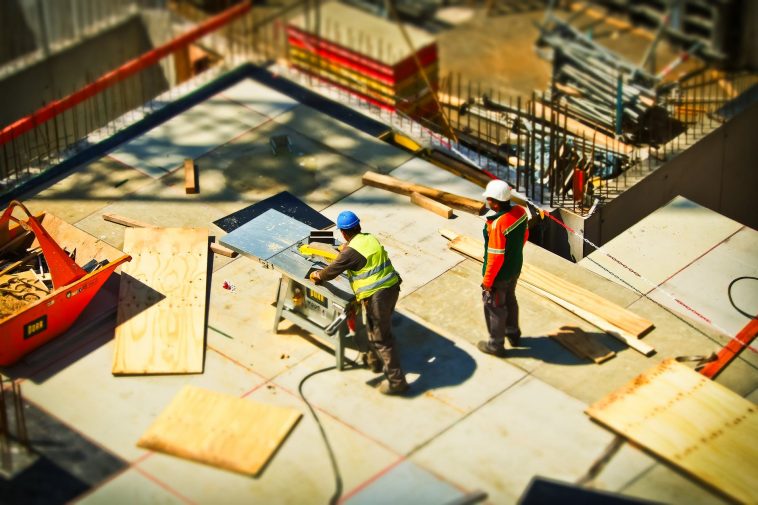Whether you’ve been working for a construction company and have dreams of branching out on your own, or you’re just someone who is handy on the tools considering your options, starting a construction company could be the next step. It could enable you to use your skills and experience to earn an income while managing your own hours. However, while even the smallest and simplest of businesses require meticulous planning to give them their best chance of success, a construction company can involve a lot more risk. Here are the key factors you need to consider when starting your own construction company.
Create your business plan
Having a carefully researched and constructed business plan is the first step on your journey. You need to put your plan in writing outlining your business goals, how you intend to achieve those goals, and in what time frame. This includes your funding plan, how you will attract customers, how you will price your services, the supplies tools and equipment you will need, how much all of this will cost and how much you will turnover in years 1-5.
Source your funding
Your business plan will be necessary should you require a loan or funding from an investor to kickstart your business. For example, if you need tools or a vehicle to get your company off the ground the bank or investor will need to see that you have a realistic and profitable plan in place before they part with money. You need to convince them that they will see a return on their investment. Be cautious about interest rates and terms of the loan to ensure you aren’t at risk of defaulting.
Register your business
You need to register your construction company in your state and check any local government regulations which might apply to you. For example, you will usually need to register your business name, apply and pay for a business license and any certification. You should also apply for an Employer Identification Number (EIN) from the IRS.
Get the right insurance
Working in construction requires various types of insurance such as public liability insurance and indemnity insurance. Be sure to compare a range of policies to ensure that you have the correct level of cover for the work you intend to provide.
Find tools and equipment
Make a list of all the equipment you have. Some items may need repairing, servicing or replacing and you may need to invest in brand new equipment depending on the work you are intending to carry out. Your tools should be as high-quality as you can afford from a reputable brand such as Leister. Trying to save money is understandable, but your tools and equipment are not where you should be cutting corners.
Plan your marketing and advertising
When your business is ready to operate it’s time to invest some time and possibly money into a marketing campaign. There are many potential marketing techniques and platforms to use but in the first instance, you may need to offer discounts and incentives so you can build up a portfolio of satisfied customers. Hopefully, this would then lead to referrals and recommendations and you can begin to build your brand reputation.





